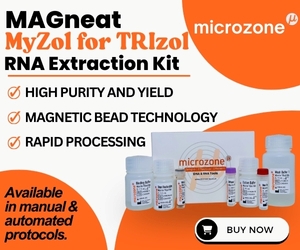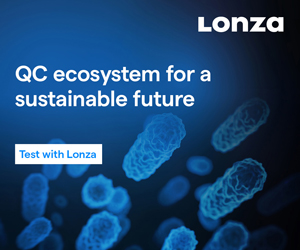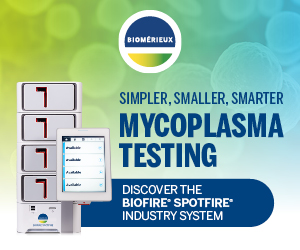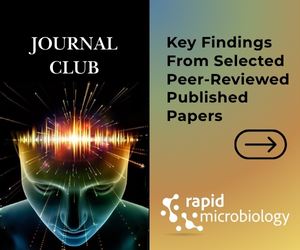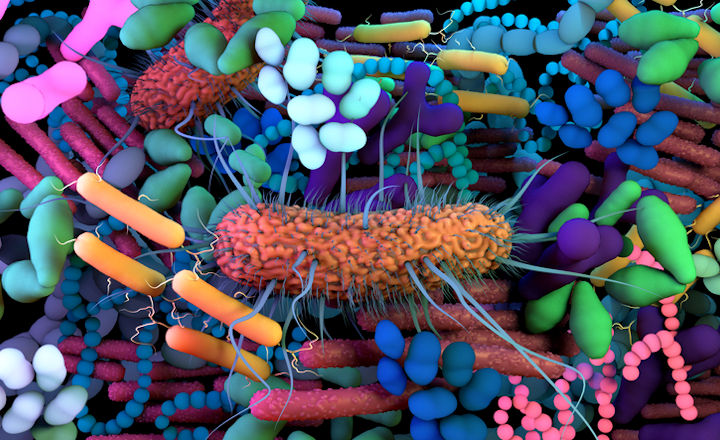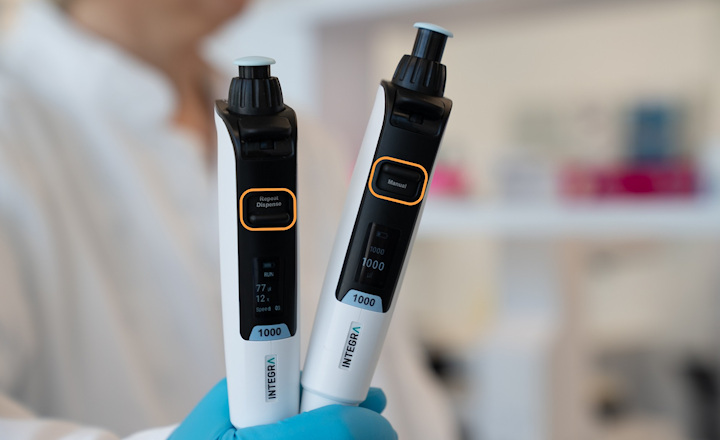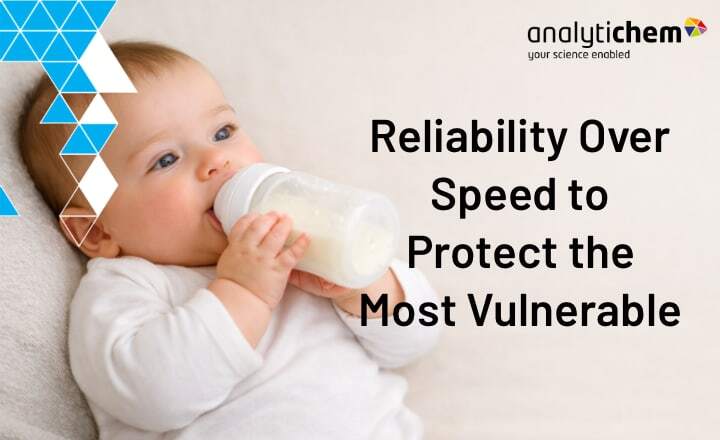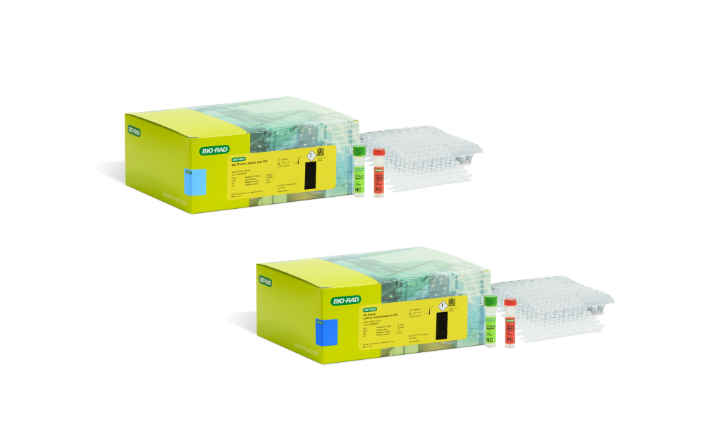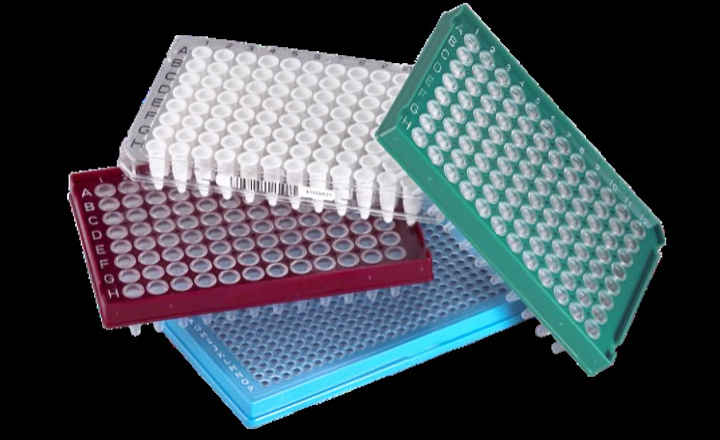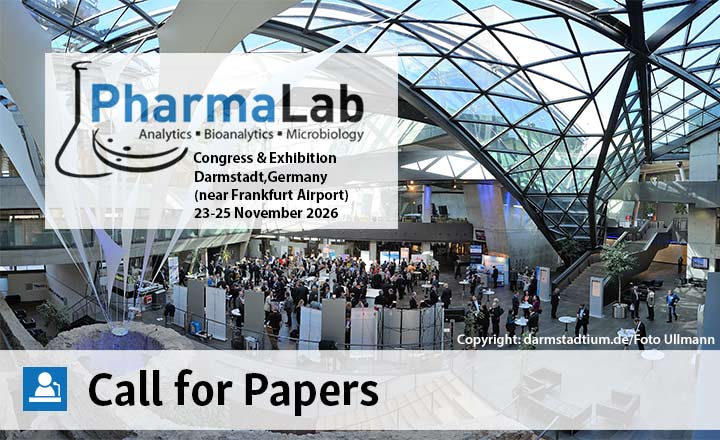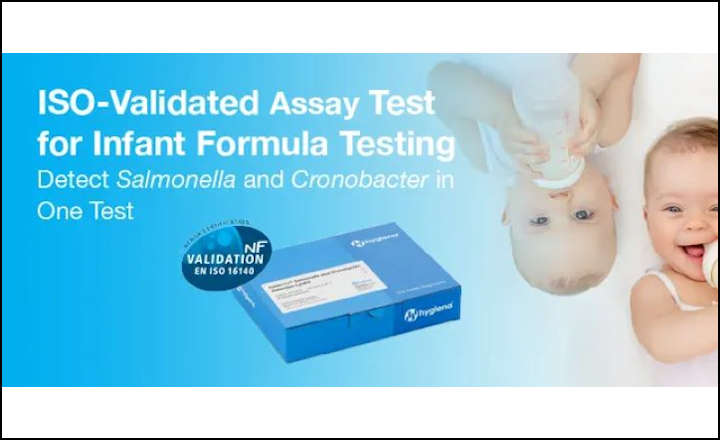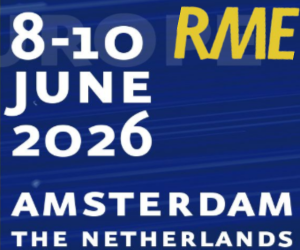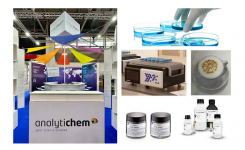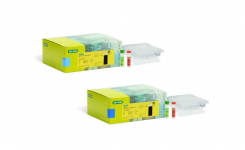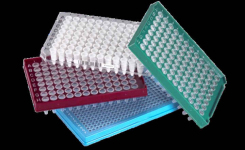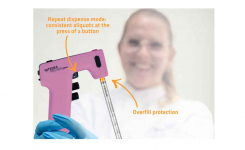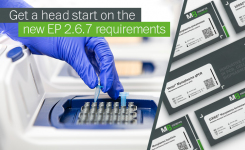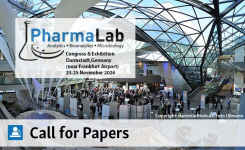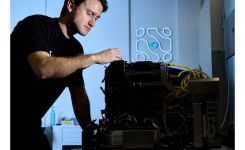CosmosID is a genomics big data company focused on the rapid identification of microorganisms for infectious disease diagnostics, public health surveillance, food safety monitoring, pharmaceutical discovery, and microbiome analysis for health and wellness. In this rapidmicrobiology interview with Manoj Dadlani, CEO at CosmosID, he describes their recent work on SARS-CoV-2 sequencing, the depth of microbiome information they can provide clients across various sectors, and their new direct-to-consumer gut health test.
Q: An important part of microbiome studies is understanding the functions of each genus/species. Can you provide your clients with this in-depth information?
Manoj: Revealing the functional potential of a microbiome is undoubtedly one of the biggest advantages to generating shotgun metagenomic data, alongside CosmosID’s strain-level resolution capabilities.
Databases such as UniRef90 can be queried, allowing for protein families that generate hits to be annotated with MetaCyc reaction (metabolic enzymes). This type of analysis quantifies and reconstructs complete MetaCyc metabolic pathways within the microbial community sample.
Additionally, we can get an overview of Go functions by mapping UniRef_90 gene families to GO terms functional system. Utilizing the CosmosID functional analysis pipeline along with taxonomic profiling and other metadata collected as part of the client’s study, we can truly unlock the microbiome.
Q: You’ve come first place in two competitions organized by the US FDA Precision Medicine initiative, what separates you from your competitors in this market?
Manoj: We believe our CosmosID pipeline is our true differentiator. It was developed to address the modern-day bioinformatics challenges, achieving better taxonomic resolution than traditional approaches, whilst retaining computational efficiency as well as achieving species, sub-species, and strain-level resolution with less sequencing depth.
Our world class-leading platform utilises our highly-curated microbial genomics database, which contains around 160,000 genomes and gene sequences. This extensive database allows for multi-kingdom identification of viruses, bacteria, protists, fungi and phages, in addition to virulence factors and antimicrobial resistance genes in microbiome samples.
With our renowned detection specificity, precision and sensitivity, we have combined algorithms with advanced machine learning to accurately identify phylogenetically stable and taxonomically informative markers in the client’s sample.
Q: If for example, a public water service provider wanted to find out the complete microbiome in drinking water, how long would they have to wait for results?
Manoj: The CosmosID sequencing facility has reached a level of maturity and operational efficiency that turning samples around as fast as 3-5 business days is an option readily available to our clients. By having access to sequencing instrumentation which ranges in throughput, as well as managing our workload effectively, we offer a range of different turnaround times.
Q: How was CosmosID involved in the global sequencing approach in the fight against COVID-19?
Manoj: We’ve been highly active in the fight against COVID through 4 different approaches:
- Metagenomics
For the last 13 years, CosmosID has been continuously curating microbial genomes to enter into our phylogenetically structured database. This theoretically enables us to detect organisms in pretty much any sample type that has any phylogenetic resemblance to an organism in our database. As such, it made sense to include the SARS-CoV-2 genome so that academic researchers and clinicians could detect this virus in their samples.
- SARS-CoV-2 Stool Testing
Fecal samples from donors around the world are used for both discovery and treatment purposes for the development of complex microbial therapeutics as well as Fecal Microbiota Transplantation (FMT).
Since the outbreak, the FDA stated that donor samples destined for FMT collected after December 1st, 2019 must be tested for the virus to prevent potential adverse events and the further spread of SARS-CoV-2. To that end, CosmosID has been working with both OpenBiome, a world-renowned FMT center, and stool bank, as well as the FDA to develop and deploy a compliant and effective test for SARS-CoV-2 in stool samples.
- SARS-CoV-2 Wastewater Testing
In September of 2020, CosmosID launched H2OBiome, a wastewater testing service that offers cost savings, especially for municipalities, universities, and colleges facing the daunting task of reopening. Wastewater surveillance provides a means of localized early warning. Universities and colleges across the country currently employ CosmosID's H2Obiome testing service to augment COVID-19 testing of individual students.
For example, CosmosID is working with Maryland Department of Environment and Frederick County Department of Health to monitor SARS-CoV-2 in sewage in wastewater treatment plants. Testing sewage from specific buildings, such as dormitories on college campuses, is also proving useful as an early warning system.
- COVID Strain Genotyping
By analysing SARS-CoV-2 genome data, we are able to trace transmission with SNP- level resolution. With our cloud platform, we are able to fully automate the bioinformatic analysis of SARS-CoV-2 genome data, including variants of concern, such as the UK variant, South Africa variant and even the two new California variants that were just flagged by the CDC. We can provide this platform to those without any bioinformatics expertise, as the automation provides a concise, easy-to-digest report.
Q: Testing for viruses in food is gaining interest, especially due to the current pandemic, what are your thoughts on how this will play out in the future post-COVID-19?
Manoj: Microbial monitoring across the entire food chain is a great application of metagenomics - from the farm right through to the grocery store. The limitation of modern-day approaches is that you’re typically testing for a single organism or a handful of organisms. As such, you might be blinded to what other microbes could be in the sample that you’re not anticipating. Viruses as well as other microbial kingdoms have been a part of the CosmosID database since its inception thus enabling us to take a broad-brush approach to contamination detection. Our goal was to develop an untargeted, yet highly specific bioinformatics approach that could be applied to a range of different applications, food safety included.
Take the work we did with the CFIA on Salmonella detection in lettuce, for example, or our Listeria detection efforts in ice cream, with the FDA.
CosmosID enables multi-kingdom, strain-level ID in almost any sample type so the possibilities are endless on where we can apply this exciting technology for environmental monitoring and public safety; an area we’re passionate about.
Q: Why is standardized & validated high-resolution microbiome analysis important?
Manoj: There are a great many variables that could impact metagenomics results; from the way you collect your sample to the DNA extraction method used, the sequencing specification, and your bioinformatics approach. Through the knowledge bases we’ve been building since CosmosID’s inception in 2008, we’ve optimized workflows for different sample types and study intents such as pathogen detection in water vs microbiome testing in a human, animal, or the environment. The question being asked in the study effort will ultimately impact the approach we take.
Standardization is then critical to ensure that results over time can be compared and that no unavoidable variation is introduced into the workflow. Through written SOP’s, a quality management system as well as lab infrastructure such as high-throughput robotics, we reduce operator-to-operator and day-to-day variability in testing.
Q: Can you give us a typical case study, where you’ve helped a customer develop a product?
Manoj: Typically, we help companies in the research arena, where they are trying to discover new biomarkers to develop a product (e.g. pharmaceutical or nutritional product) or we support companies trying to understand what microorganisms are in a system, such as an infectious disease diagnostic test or a microbiome analysis test.
One of our very exciting recent projects was with a company called Microbiome Labs (recently acquired by Novozymes). We partnered with them to develop a direct to consumer gut microbiome test, called BiomeFx, that compares your gut microbiome to that of a healthy cohort based on four criteria:
- Amount of microbial diversity in your stool
- How similar your microbiome profile is to that healthy cohort
- Level of potential pathogens in your stool
- Level of antibiotic resistance in your stool
What is cutting edge and novel about this test is that it also measures functional attributes of your gut microbiome, including the potential to produce vitamins, short-chain fatty acids, and other key metabolic functions. The results include how you stack up to a healthy cohort and recommendations for improving your unique gut microbiome through changes in nutrition, lifestyle, and supplements.
If you would like further details on CosmosID's services, please use the 'Request Information' button provided below.


